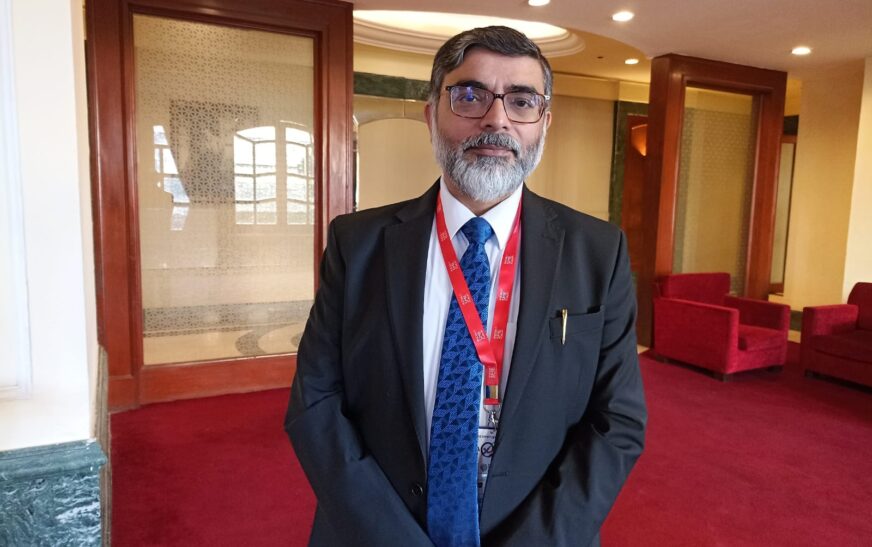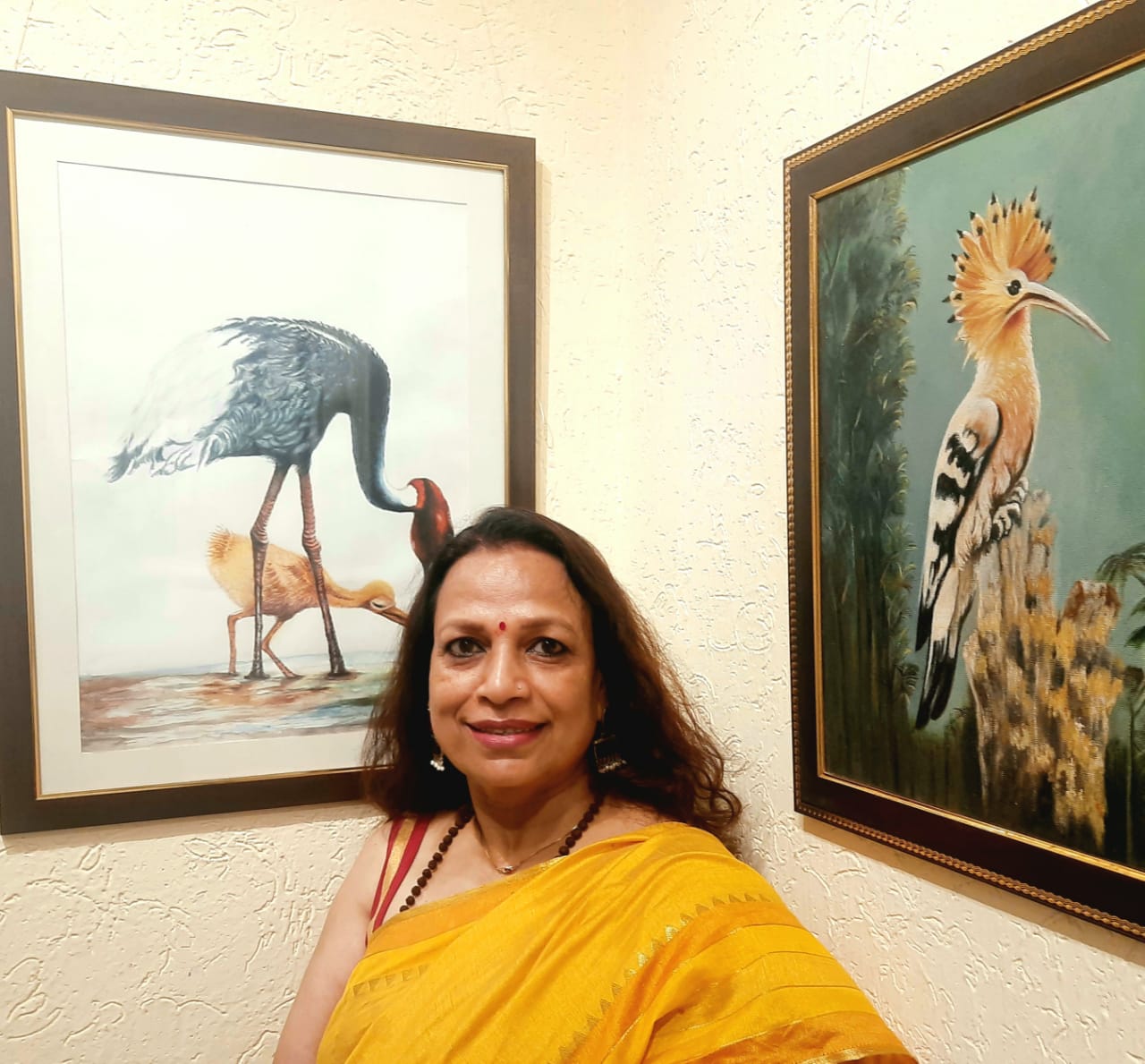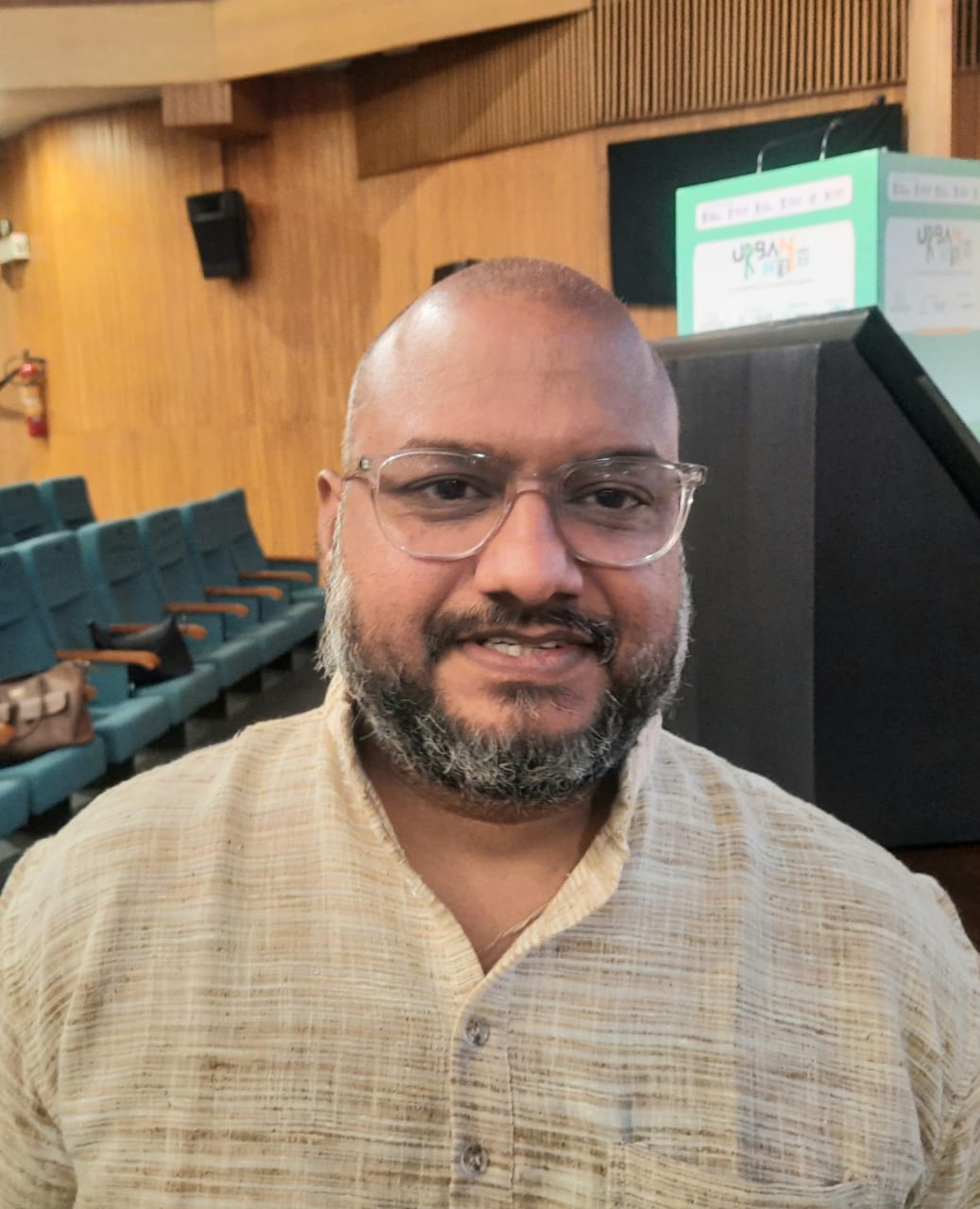Established in May 2011, the India SME Forum drives a Small and Medium Business movement throughout the nation. Starting with 400 members, the organization has now expanded its reach, boasting a membership exceeding 97,000 MSMEs. This growth is complemented by the support of 270+ sectoral and regional associations. Furthermore, their partnerships with international network organizations add icing to the cake.
At its core, the India SME Forum is dedicated to amplifying the voices of small and medium entrepreneurs. It actively advocates for transformative changes within the entrepreneurial ecosystem. Moreover, it extends support and recognition to innovative, globally competitive SMEs in India.
Aligned with its mission, the forum actively shares best practices, valuable information, and knowledge. Moreover, it actively seeks out and acknowledges MSMEs that have demonstrated exceptional success in leading their enterprises. These businesses play a pivotal role in creating employment opportunities, fostering a sustainable ecosystem, and propelling their enterprises to the next stage. Throughout this journey, the India SME Forum remains attuned to the inherent risks associated with business, effectively navigating them for continued success.
In an exclusive interaction with The Interview World, Vinod Kumar, President of India SME Forum underscores the pivotal role of his organization in bolstering exports of small and medium businesses in India. Here are the key highlights from his interview.
Q: What initiatives has your organization undertaken to support and enhance the export capabilities of Indian MSMEs?
A: India boasts over 10 crore MSMEs, yet the number of exporters in the country is surprisingly low—less than 40,000. Within this extensive MSME network, less than 1% express interest in exporting or aspire to be globally competitive. Recognizing the need to raise awareness about the untapped potential of exports for Indian MSMEs, we decided to closely analyze the data and identify immediate opportunities for support.
Our initial focus was on empowering women entrepreneurs through a dedicated program. Analyzing Udyam registration data, we discovered that only 119 women were engaged in exporting before 2022. Consequently, we launched a program aimed at assisting women already in business to become exporters. Over 2000 women applied, and 513 completed the course, developing comprehensive business plans for exports, including order management, packaging, standards, and certifications.
Of these 513 women, an impressive 47 surpassed Rs. 1 crore in exports. Encouraged by this success, we expanded our vision to include not only women but also other aspiring exporters, leading to the inception of IndiaXports. With nearly 12 lakh subscribers nationwide, our goal is to introduce two lakh subscribers to the world of exports. We aim to help them uncover the true potential of their merchandise, facilitate international market connections, and provide support in packaging, testing, standards, and more.
As we move forward, our commitment extends to ongoing engagement with batches of potential exporters. Leveraging the Ministry of MSME’s capacity-building initiatives, especially the first-time exporters scheme, we seek to equip individuals with both training and access to government incentives and subsidies. Furthermore, our efforts align with the Ministry’s incentive scheme for intellectual property, making it easier for exporters to secure trademarks or patents when selling abroad.
In essence, our overarching objective is to introduce two lakh new exporters, envisioning a cumulative addition of Rs. 2 lakh crores to the export bottom line within a year or two. This aligns perfectly with our intention to drive significant growth in India’s export sector.
Q: What projections do you anticipate for entrepreneurs engaged in export activities over the next five years?
A: Typically, successful companies entering the realm of exports experience a compounded annual growth rate ranging from 18 to 20 percent. Projecting this growth over five years implies a doubling of their size. However, our approach extends beyond mere export placement; we actively engage these companies in diverse markets through exhibitions, delegations, and B2B meetings. This strategic involvement not only fosters market access but also contributes to the development of new markets.
Q: What expectations do you have from the government in policy enablement for MSME exports?
A: Certainly, the government has implemented several measures to streamline processes, yet there remains a significant 50% that requires attention. Primarily, the focus should shift towards simplifying export procedures. Presently, the ease of importing surpasses that of exporting, and this incongruity needs correction. Exporting holds immense potential, contributing to foreign exchange earnings, positive economic impact, and job creation.
Importing, conversely, poses a threat to employment, as it involves competition with existing manufacturers. Even a single rupee spent on imports implies a potential risk to local jobs. The pivotal suggestion to the government is to digitize the entire export process, eliminating physical interventions and inspections. Drawing parallels with the successful online issuance of Udyam certificates, the government should extend this approach to export approvals.
By adopting an online platform, the goal is to make exporting as seamless as transporting goods from Uttar Pradesh to Delhi. This entails a shift towards a virtual and efficient approval system. The emphasis is on eliminating the need for physical inspections, mirroring successful instances where the government has already embraced online certifications. This transformation not only benefits the existing 2 lakh MSMEs but could potentially attract a whopping 50 lakh MSMEs, eager to participate in the simplified export procedures.
Q: Do you have any advice for aspiring young women entrepreneurs looking to venture into the field of exports?
A: Women have a significant opportunity to leverage India’s numerous free trade agreements and preferential trade agreements with various countries. Currently, there are almost 19 such agreements, and an additional three or four are expected to be signed shortly. The existing array of potential possibilities presents a compelling landscape for women to explore and concentrate on. To maximize this potential, it is crucial to connect women with these opportunities. By doing so, we can tap into a vast area that demands attention and concerted efforts. This strategic alignment with trade agreements can open up new horizons for women in India, offering a pathway to greater economic empowerment.









